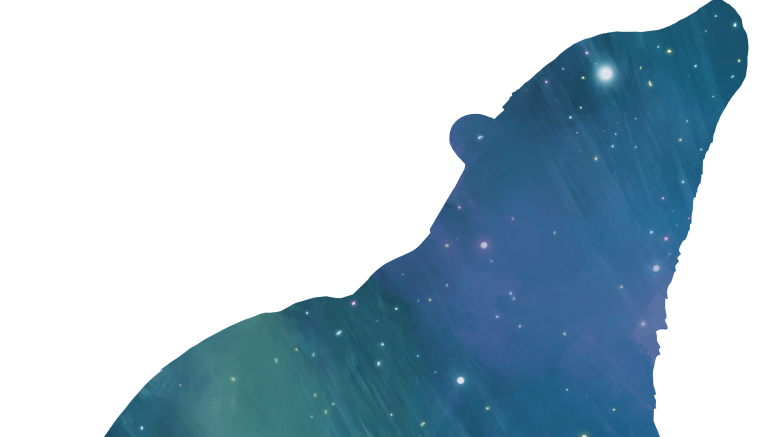The “star guy” has become a movie star.
Hailing from Opaskwayak Cree Nation (OCN), Wilfred Buck — a U of M graduate — works for the Manitoba First Nations Education Resource Centre as a science facilitator. He teaches astronomy to children with the use of an inflatable dome. A recently released feature film now bears his name.
Directed by Lisa Jackson, Wilfred Buck is a hybrid documentary-biopic. Jackson displays her commitment to formal experimentation right from the beginning. The opening shot is of the night sky accompanied by narration from Buck about how “the stars are a part of us, and we are a part of them.”
This quickly transitions into a live-action scene of Buck taking a phone call in his car. The unseen caller invites him to speak at a conference in Quebec. Buck replies, “holy smokes,” immediately establishing the protagonist as a friendly and humble character.
From there, the film weaves together these cinéma verité-style clips with archival footage, photographs and staged reenactments of episodes from his youth.
As Buck puts it in voiceover, “This is my reality fiction.”
At best, the film inspires awe and anger in equal measure. Mesmerizing shots of lunar meteorites and a swimming sturgeon overlaid on the Milky Way — combined with Buck’s recounting of Cree (Ininew) star stories — reawakened my long-dormant fascination with space.
The anger, meanwhile, stems from the movie’s discussion of colonial dispossession. In the film, Buck alludes to a 1906 land surrender that compelled many OCN residents to relocate and which, according to Buck, was enforced at gunpoint.
In the 1960s, the construction of the Grand Rapids hydroelectric station added further injury to the community. Vast swaths of traditional trapping and fishing ground were flooded in the name of economic development.
In the film’s most poignant scene, Buck breaks into tears while describing the effect the flooding had on his grandfather’s livelihood, framing this displacement as a form of social murder. “They [the Canadian state] killed my grandfather,” Buck said.
Buck then details his struggles with substance use, homelessness and the carceral state before a pivotal encounter with an Elder in Morley (Mînî Thnî), Alberta, changed his outlook on life. His experience building a sweat lodge there gave him a renewed appreciation for ceremony and the preservation of culture.
He carried this lesson into his astronomical storytelling practice. In a 2016 interview with the CBC, Buck explained that the only cosmic tales he learned about in his youth were those from Roman and Greek mythology, “implying that they were the only ones who understood […] the stars.”
Eurocentrism within the Canadian education system contributed to a loss of culture that Buck has spent decades helping to reverse. He stresses that Indigenous star knowledge never disappeared, but rather “went to sleep.”
In gathering this knowledge and weaving together stories from Cree, Anishinaabe and Lakota cosmologies, he came to realize the sacredness of life. The film underscores this point with footage of a younger Buck contending with the implications of this understanding. Smiling, he remarks, “everything is sacred — even these little bugs […] Maybe I don’t have to kill them if they’re not bothering me, but I’m not there yet.”
Chrussy (Mystery) Byrd, assistant location manager for the film, agreed with the sentiment. The experience of using insecticide while working on a different movie “was horrible and […] totally changed my outlook on bugs,” she said. To her relief, on the set of Wilfred Buck, she was tasked with using a more humane deterrent, garlic spray.
Although I found that the film’s back half dragged in places — especially the scenes of Buck attending academic conferences — the clips of him conversing with friends and family while helping prepare for a Sun Dance were crucial to the narrative, situating him within a larger community by giving his friends and loved ones a chance to speak.
Overall, Wilfred Buck’s exploration of the interconnectedness of all things and its emphasis on cultivating joy in the face of adversity make the documentary an engaging and spiritually enriching work. I would highly recommend seeing it in theatres.
Wilfred Buck will be playing on July 6 and 7 at the Dave Barber Cinematheque. Tickets are available at davebarbercinematheque.com.


